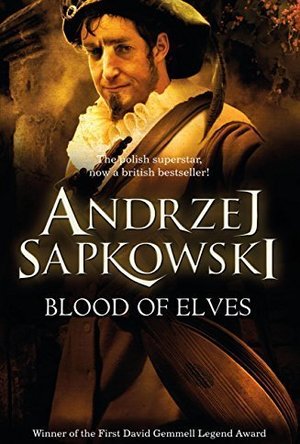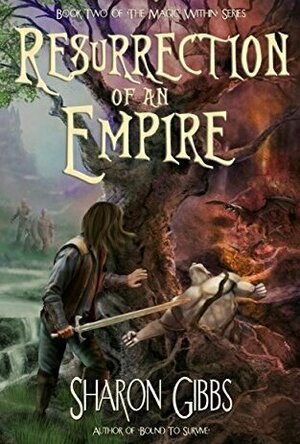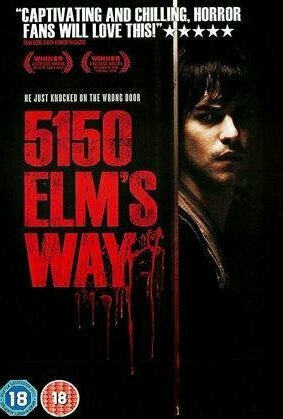
5150, rue des Ormes (2009)
Movie
5150 ELM'S WAY is located at the end of a quiet street in a small town. When Yannick fell off his...
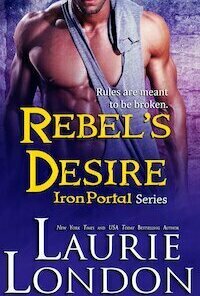
Rebel's Desire (Iron Portal #4)
Book
Tormented by a savage past and shattered by a bitter betrayal, Iron Guild warrior Toryn Flynn trusts...
Paranormal Romance
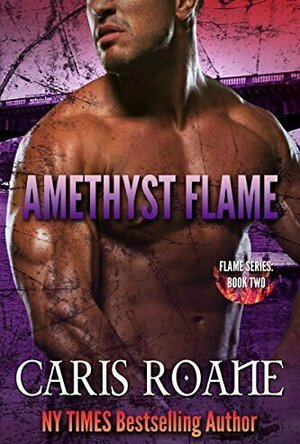
Amethyst Flame (Flame #2)
Book
Vaughn, a powerful vampire serving as a Border Patrol officer for his corrupt world, falls for a...
Paranormal Romance
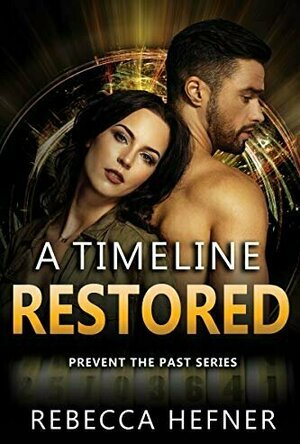
A Timeline Restored (Prevent the Past #3)
Book
The thrilling conclusion to the trilogy… Eli Hernandez spent decades cultivating an image of...
Science Fiction Time Travel Romance
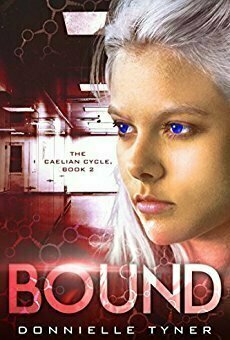
Bound (The Caelian Cycle #2)
Book
Bound by Vengeance. Sadie has found the resolve to fight the man who caused so much pain in her...
Young Adult Dystopian Science Fiction Romance
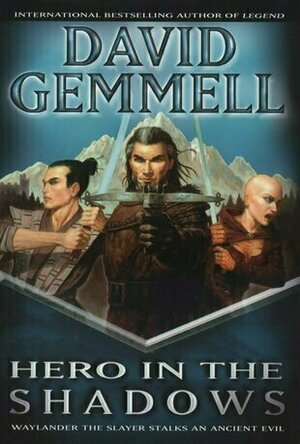
Hero in the Shadows (Drenai 9; Waylander 3)
Book
Thousands of years ago the city of Kuan Hador, a place steeped in evil, was defeated by a vast army...
Lyndsey Gollogly (2893 KP) rated The Demonic ( Supernatural Horror book 1) in Books
Apr 9, 2022
Kindle
The Demonic ( Supernatural Horror book 1)
By Lee Mountford
⭐️⭐️⭐️⭐️
Danni thought she knew fear…
But this house will show her what it is to be truly afraid.
Called back to a childhood home, she must lay to rest a father that made her life hell. But something else waits for her in that house. Something far beyond what she could possibly imagine. Restless spirits and an insidious demon ensure this homecoming is one of nightmares.
Can Danni save her family… and her very soul? To do so, she must face the ghosts of her past as well as an ancient and malevolent evil.
You will love this haunted house novel, because who really needs to sleep at night?
So to get the most out of this book read it during the night in the pitch black! Well that’s what I did 😂 got to admit a few times I actually got seriously spooked and had some crazy dreams! A really good haunting of the demonic. I really enjoy Lee’s books another brilliant British horror writer.

If I Had a Hammer
Book
A new job, a brutal murder, and Camelot has ended. In 1963, Dot Morgan's life was changed...
Lyndsey Gollogly (2893 KP) rated Blood of Elves in Books
May 21, 2023 (Updated May 21, 2023)
Book
Blood of Elves ( The Witcher 3)
By Andrzej Sapkowski
⭐️⭐️⭐️
For over a century, humans, dwarves, gnomes, and elves have lived together in relative peace. But times have changed, the uneasy peace is over, and now the races are fighting once again. The only good elf, it seems, is a dead elf.
Geralt of Rivia, the cunning assassin known as The Witcher, has been waiting for the birth of a prophesied child. This child has the power to change the world - for good, or for evil.
As the threat of war hangs over the land and the child is hunted for her extraordinary powers, it will become Geralt's responsibility to protect them all - and the Witcher never accepts defeat.
This was a bit flat I’m not sure I can say I really enjoyed it I didn’t hate it and it was ok but meh. I think I’m being slightly generous with a 3 star but not sure it’s as low as a 2!
Merissa (13705 KP) rated Resurrection of an Empire (The Magic Within #2) in Books
Jun 7, 2023
With thrills, spills, action, adventure, evil, love, dying, and hope, there is something in here for all fantasy lovers. Hang on for a thrilling ride as Ms Gibbs puts you through your paces in a fast but smooth adventure fantasy read.
This is part of a series, so I would definitely recommend reading Bound to Survive first. Also, you can get Beginnings, a free prequel novella from her website, or by clicking http://sharongibbsauthor.com/book/beg...
* A copy of this book was provided to me with no requirements for a review. I voluntarily read this book, and the comments here are my honest opinion. *
Merissa
Archaeolibrarian - I Dig Good Books!
Apr 29, 2016

